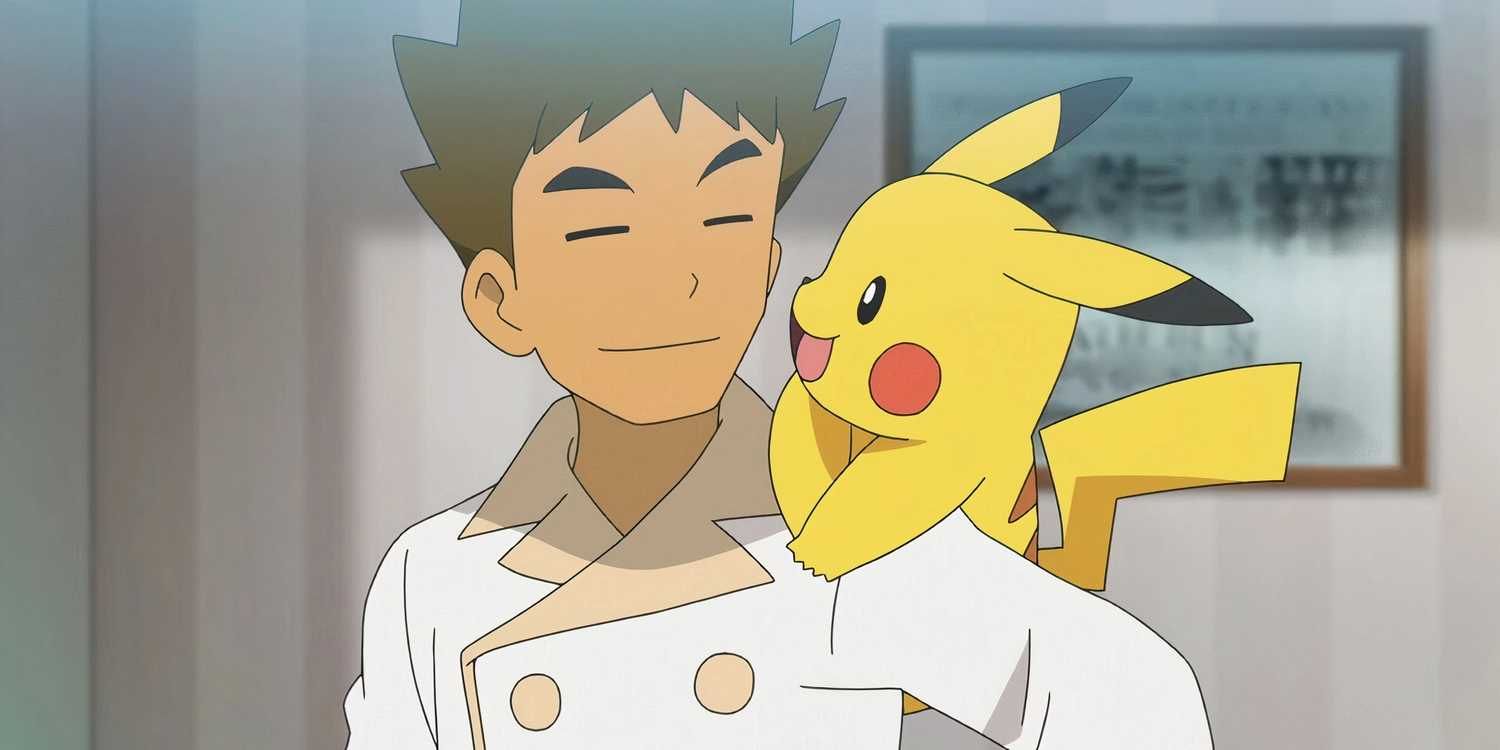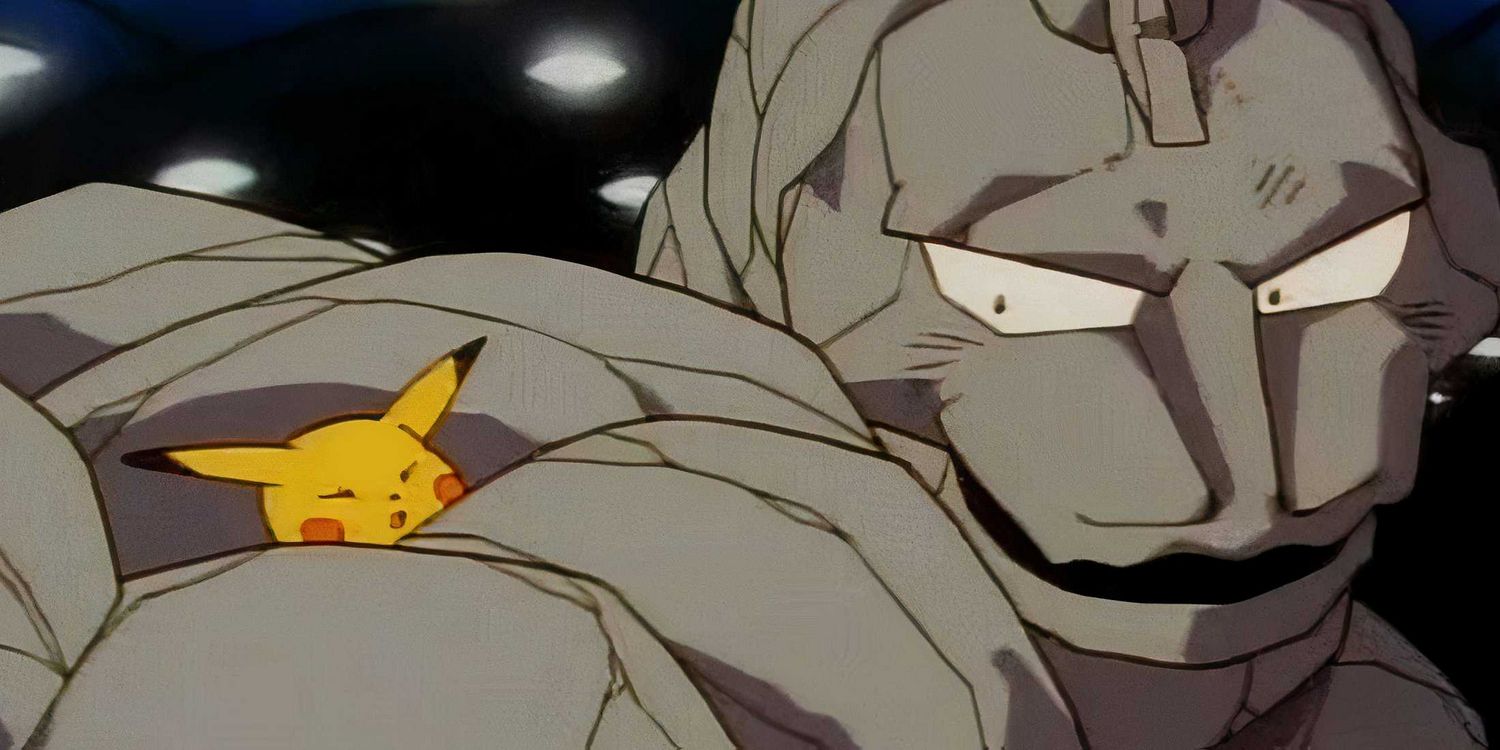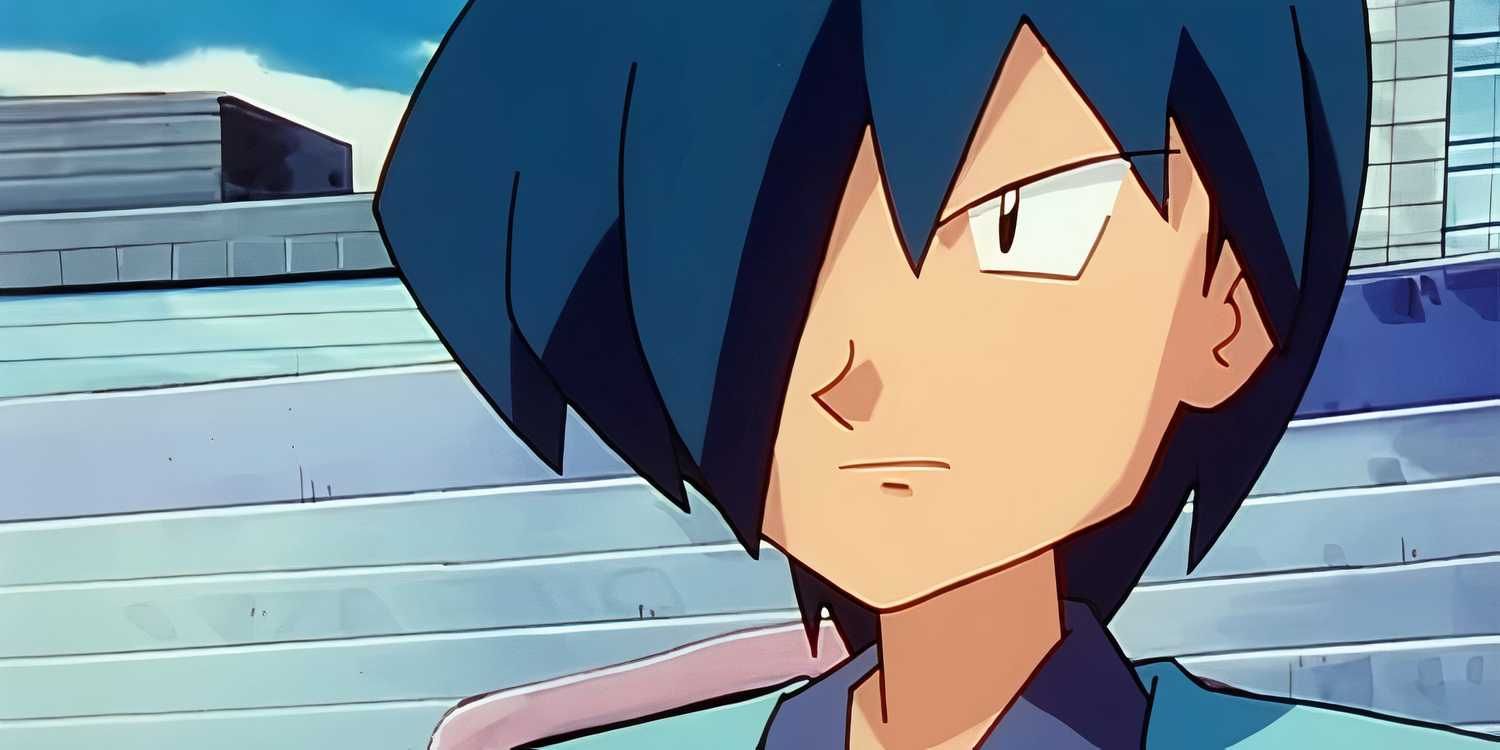Why Ash Ketchum Would Never Survive The Pokémon Games
Popular Now
 Warframe
Warframe
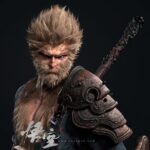 Black Myth: Wukong
Black Myth: Wukong
 Candy Crush Saga
Candy Crush Saga
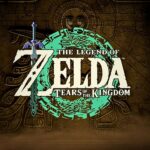 The Legend of Zelda
The Legend of Zelda
 Minecraft
Minecraft
 Valorant
Valorant
 NBA 2K24
NBA 2K24
 Rust
Rust
 PUBG Mobile
PUBG Mobile
 Fall Guys
Fall Guys 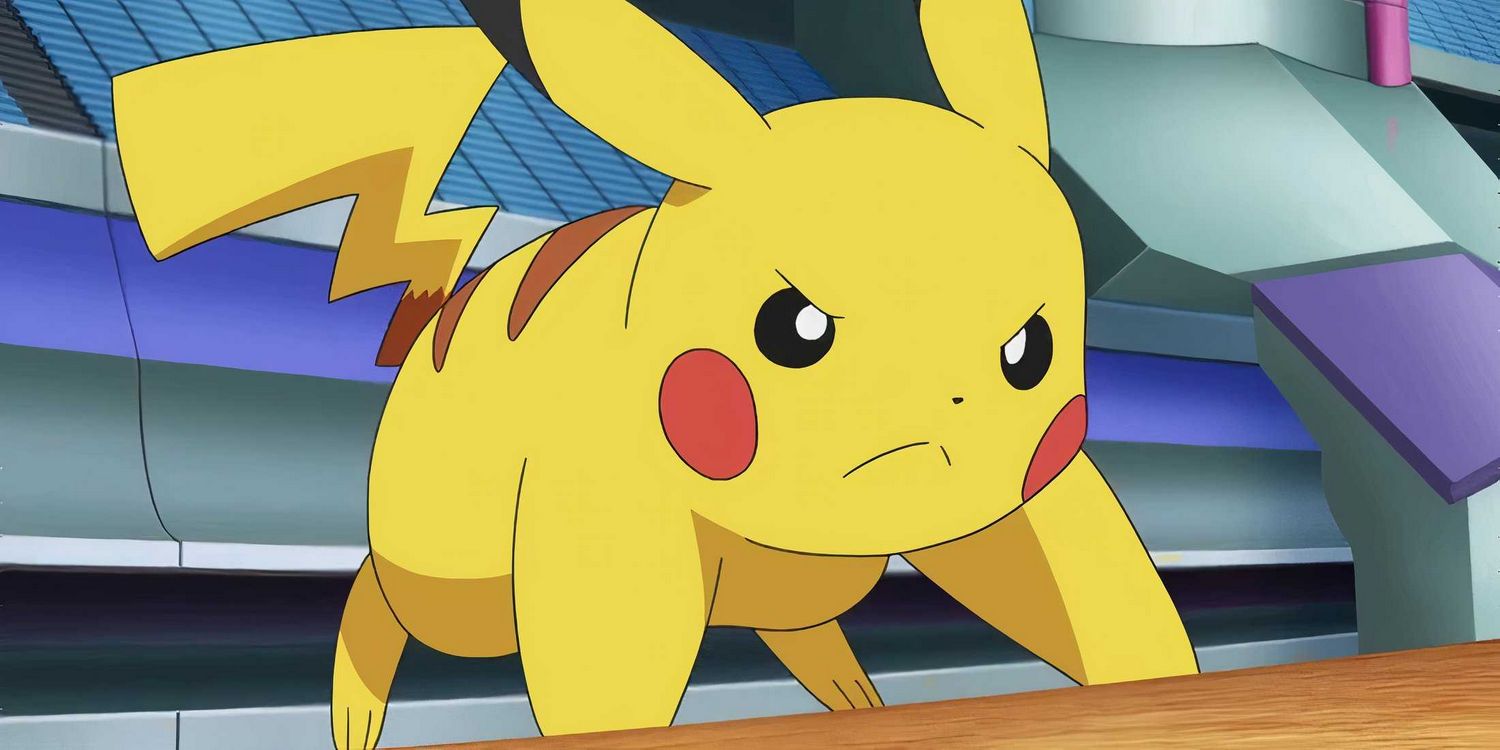 For over two decades, Ash Ketchum was the face of the Pokémon franchise, a perpetual ten-year-old on an endless quest to “be the very best.” He achieved his dream in the final season, but this epic journey, filled with unlikely victories and unbreakable bonds, was only possible within the flexible, often nonsensical rules of the anime. If Ash were to step into the rigid, turn-based world of the Pokémon video games, his journey would be short, brutal, and filled with a lot of losses. The fundamental differences in mechanics, logic, and philosophy between the two mediums would prove to be insurmountable obstacles for Pallet Town’s most famous trainer. This is a deep dive into why Ash’s anime strategies are a recipe for failure in the game world, and why the game’s strict rules would leave him in a constant state of defeat.
For over two decades, Ash Ketchum was the face of the Pokémon franchise, a perpetual ten-year-old on an endless quest to “be the very best.” He achieved his dream in the final season, but this epic journey, filled with unlikely victories and unbreakable bonds, was only possible within the flexible, often nonsensical rules of the anime. If Ash were to step into the rigid, turn-based world of the Pokémon video games, his journey would be short, brutal, and filled with a lot of losses. The fundamental differences in mechanics, logic, and philosophy between the two mediums would prove to be insurmountable obstacles for Pallet Town’s most famous trainer. This is a deep dive into why Ash’s anime strategies are a recipe for failure in the game world, and why the game’s strict rules would leave him in a constant state of defeat.
The Unbreakable Rules of the Game
The Pokémon games are built on a foundation of strict, unyielding rules. Every battle is a turn-based, strategic affair governed by a set of mathematical equations. Ash’s approach, on the other hand, is a free-flowing, improvised dance of spirit and heart. This clash of philosophies is at the core of why he would fail. Here’s a breakdown of the key game mechanics that would leave him utterly bewildered:
- Turn-Based Combat: In the games, every battle is a turn-by-turn exchange. You select a move, your opponent selects a move, and the faster Pokémon goes first. Ash’s iconic “Dodge it!” command, which has saved him countless times, would be completely useless in this format. There is no real-time evasion; if your opponent’s move is successful, your Pokémon gets hit. This single rule would nullify his most common and effective battle strategy.
- The “Four Moves” Rule: A Pokémon in the games can only know a maximum of four moves at any given time. While this rule has been loosely followed in later seasons of the anime, the early seasons saw Ash’s Pikachu use a seemingly endless array of attacks. This strict limitation would force Ash to make difficult decisions about his team’s movesets, a strategic consideration he rarely, if ever, makes in the show.
- Type Effectiveness is Absolute: While the anime often bends the rules for dramatic effect—most famously when Pikachu’s electric attacks somehow hurt Ground-type Pokémon like Onix—the games are mercilessly strict. Ground-type Pokémon are immune to Electric-type attacks. Period. Ash’s reliance on these “miracle” moments would lead to a string of embarrassing defeats against trainers who understand the basic principles of type matchups.
Ash’s Flawed Strategy and Lack of Game Sense
Beyond the fundamental rules, Ash’s entire approach to being a Pokémon trainer is completely at odds with how one succeeds in the games. His personality and training methods, which are celebrated in the anime, would be significant liabilities in a game environment. For any player, the name of the game is grinding, building a strong team, and using strategic thinking to overcome challenges. Ash, a character who values spontaneity over rigorous training, would be left behind.
- The “No Evolution” Mentality: For the longest time, a major part of Ash’s journey was his Pokémon’s reluctance to evolve. His Pikachu famously refused a Thunder Stone, and his Bulbasaur and Squirtle never evolved. In the games, evolution is crucial for a Pokémon’s growth. It grants them better stats, new moves, and a massive power boost. Ash’s emotional bond with his unevolved Pokémon, while touching, would make his team significantly weaker than those of his rivals.
- Lack of Grinding: In the games, a trainer gains experience points (EXP) through battles, which in turn raises their Pokémon’s level. Ash, however, seems to have no concept of grinding. He rarely fights wild Pokémon and only battles when a Gym Leader or a rival is present. This would leave his team at a severely low level, unprepared for the challenges of Gym Leaders and the Elite Four, who have highly-leveled teams.
- No Money Management: In the games, losing a battle to a rival or a wild Pokémon can cost you money. Ash, a famously broke trainer, loses countless battles in the anime and never seems to suffer any financial consequences. In the games, his constant defeats would leave him completely bankrupt, unable to buy Poké Balls, Potions, or other essential items.
The Emotional Journey vs. The Logical Grind
The core difference between the anime and the games is their focus. The anime is an emotional journey about growth, friendship, and overcoming impossible odds with the power of spirit. The games are a strategic, logical challenge about building the strongest team and becoming a champion through skill and determination. Ash’s “Dodge it!” commands and “just believe” philosophy are the very things that make the anime exciting, but they have no place in a world where a trainer must calculate damage, manage stats, and strategically plan every move. His journey from a rookie to a World Champion would be a non-starter in the game’s universe, a simple fact that highlights just how different the two mediums truly are.








